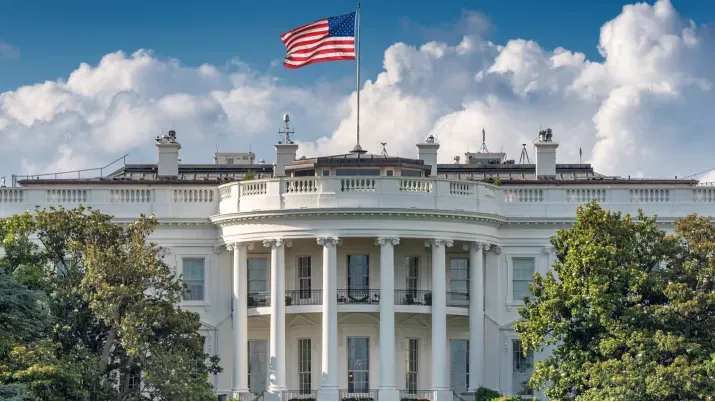Green shoots in European solar ABS
In the past 10 days the European asset-backed securities (ABS) market has welcomed five debut issuers across multiple jurisdictions and asset classes, with the most notable being Europe’s first public solar green ABS from Enpal.
The transaction was backed by a €240m portfolio of loans provided to German consumers to purchase residential solar systems such as solar panels and electric vehicle charging points. Enpal provides “all-in-one” renewable energy solutions (including battery storage, wallboxes, heat pumps and energy management systems) across Germany and Italy, with its integrated offering making it the largest solar solution provider in Germany.
In the US, the solar ABS sector is well-established and has been in the public market since 2013. US issuance totals $26bn to date thanks to government incentives, rapidly declining costs and increasing demand across the private and public sector for clean electricity.
As part of its goal to reduce emissions by at least 55% by 2030, the European Union introduced measures to encourage faster adoption of renewable energy sources, especially the use of photovoltaic (PV) solar energy. This presents a unique opportunity for securitisation as it could play a positive role in accelerating the transition to a greener economy. This may be what drove the excitement across European investors for the Enpal deal, but several challenges remain in our view and like any new asset class, it requires more caution and meticulous due diligence.
Solar loans are secured, but in reality it is difficult (both legally and practically) to repossess and sell used solar equipment. Therefore, from a credit point of view, the collateral in solar ABS is more akin to unsecured consumer loans in terms of recovery. However, we expect default behaviour to be somewhat different as the end customers are lower risk “prime” homeowners. Loan maturities are long at 25 years, which may increase credit risk from technological obsolescence of the system or refinancing. In addition, the regulatory environment and evolving government incentives in different jurisdictions could impact cashflows and make the structure of future deals vary across Europe. There is also room for improvements in areas such as the cross-continental supply chain, as Germany relies heavily on Chinese manufacturers.
Considering these idiosyncratic characteristics, and the limited historical performance data, we didn’t see sufficient risk-adjusted potential return in the more junior notes. Nonetheless, the deal was well received with the offered senior notes priced 15bp inside initial guidance and the three classes of mezzanine notes tightened around 30bp from initial guidance. The tightening saw investors drop out after the final book update, but initially the mezzanine notes were 6-9 times oversubscribed, which shows great appetite despite the lack of pedigree in this new asset class. The transaction also had engagement from the European Investment Fund, which provided a guarantee on the pre-placed senior notes.
Overall it was a successful debut from Enpal. We welcome new initiatives in the market that support the net zero goal, and we expect to see more European solar ABS issuance in the coming years.




